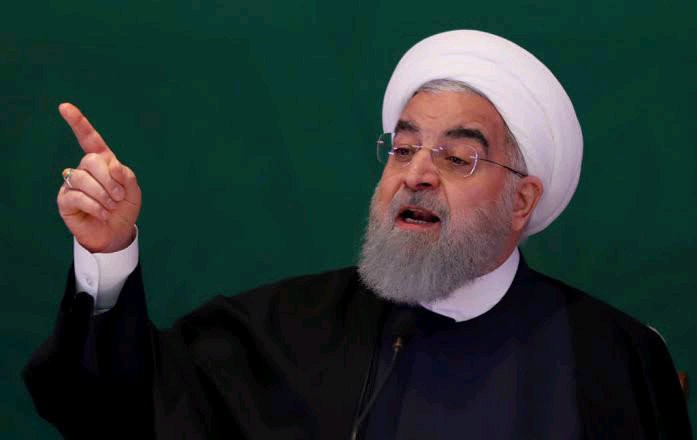
Ayatollah Ali Khamenei, the Supreme Leader of Iran, sparked a global conversation about the place of Islam in contemporary society with a message posted on his verified Twitter account. The tweet, which has since attracted a lot of attention and responses, said that if Muslims could make amends and clearly demonstrate the real meaning of the religion, then all people would be drawn to Islam. CONTINUE FULL READING>>>>>
Khamenei’s message underscores the significance of internal reflection and outward representation within the Muslim community. It highlights the belief that the key to attracting others to Islam lies not in forceful conversion or propaganda, but rather in embodying the core principles of the religion and demonstrating its virtues through actions.
The tweet has prompted diverse reactions from around the world, with some praising Khamenei’s call for self-improvement and authentic representation, while others express skepticism or disagreement. Critics argue that the notion of a single, monolithic “real face of Islam” is oversimplified and fails to account for the diversity of beliefs and practices within the global Muslim community.
Nevertheless, Khamenei’s message has sparked important conversations about the role of Islam in fostering understanding, tolerance, and mutual respect among people of different faiths and backgrounds. It has also reignited debates about the responsibilities of Muslims in shaping public perceptions of their religion in an increasingly interconnected world.
Khamenei’s tweet comes at a time of heightened global scrutiny of Islam, amid ongoing geopolitical tensions and instances of extremism. As such, the call for self-reflection and positive representation resonates not only within Muslim-majority countries but also among Muslim communities in diaspora and non-Muslim societies. CONTINUE FULL READING>>>>>

Leave a Reply